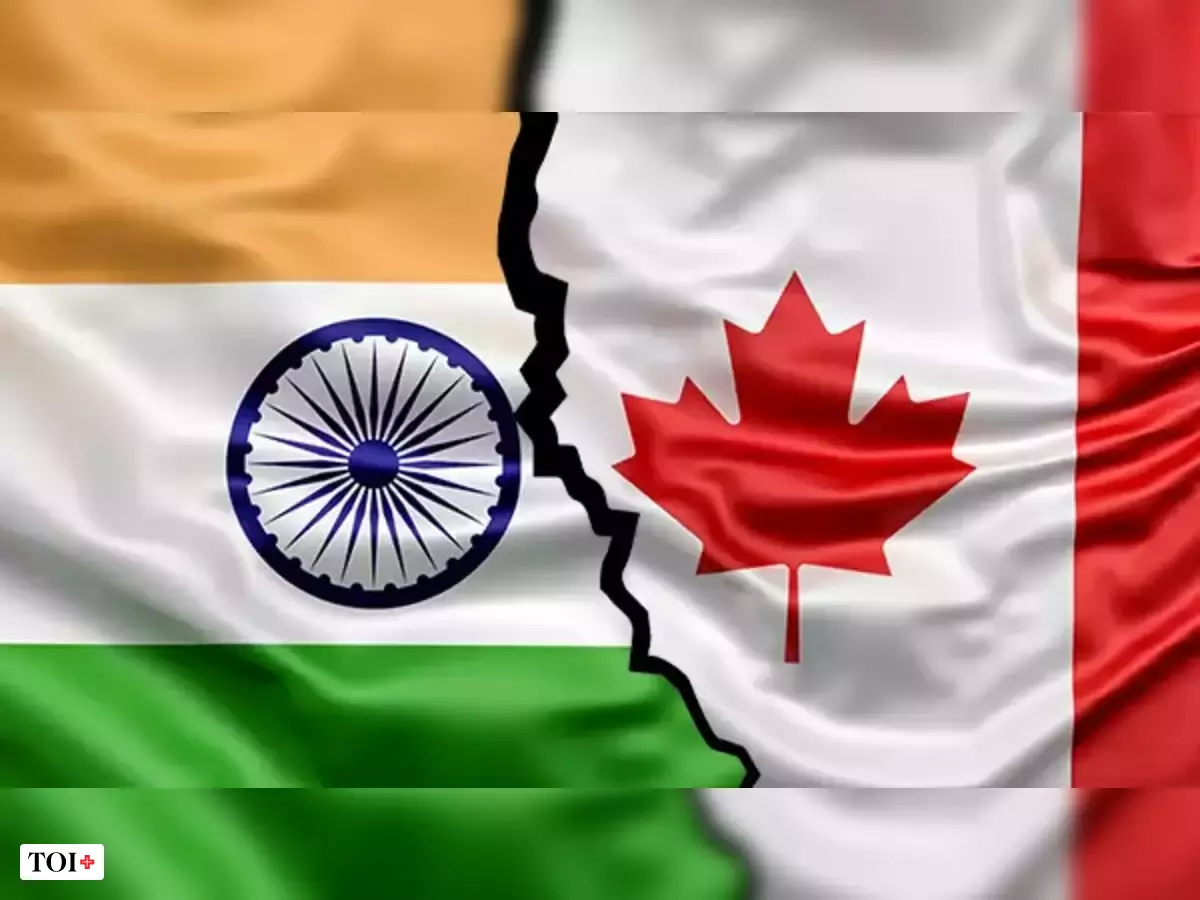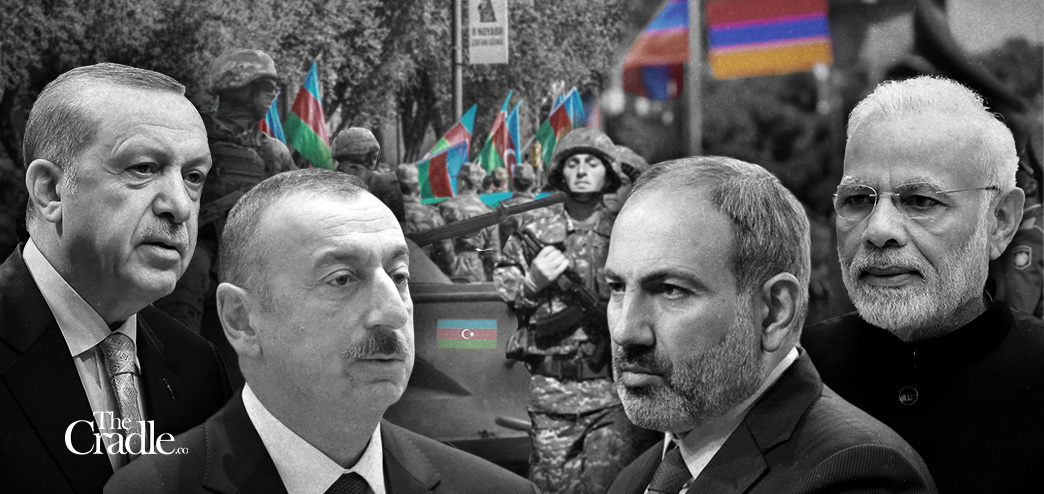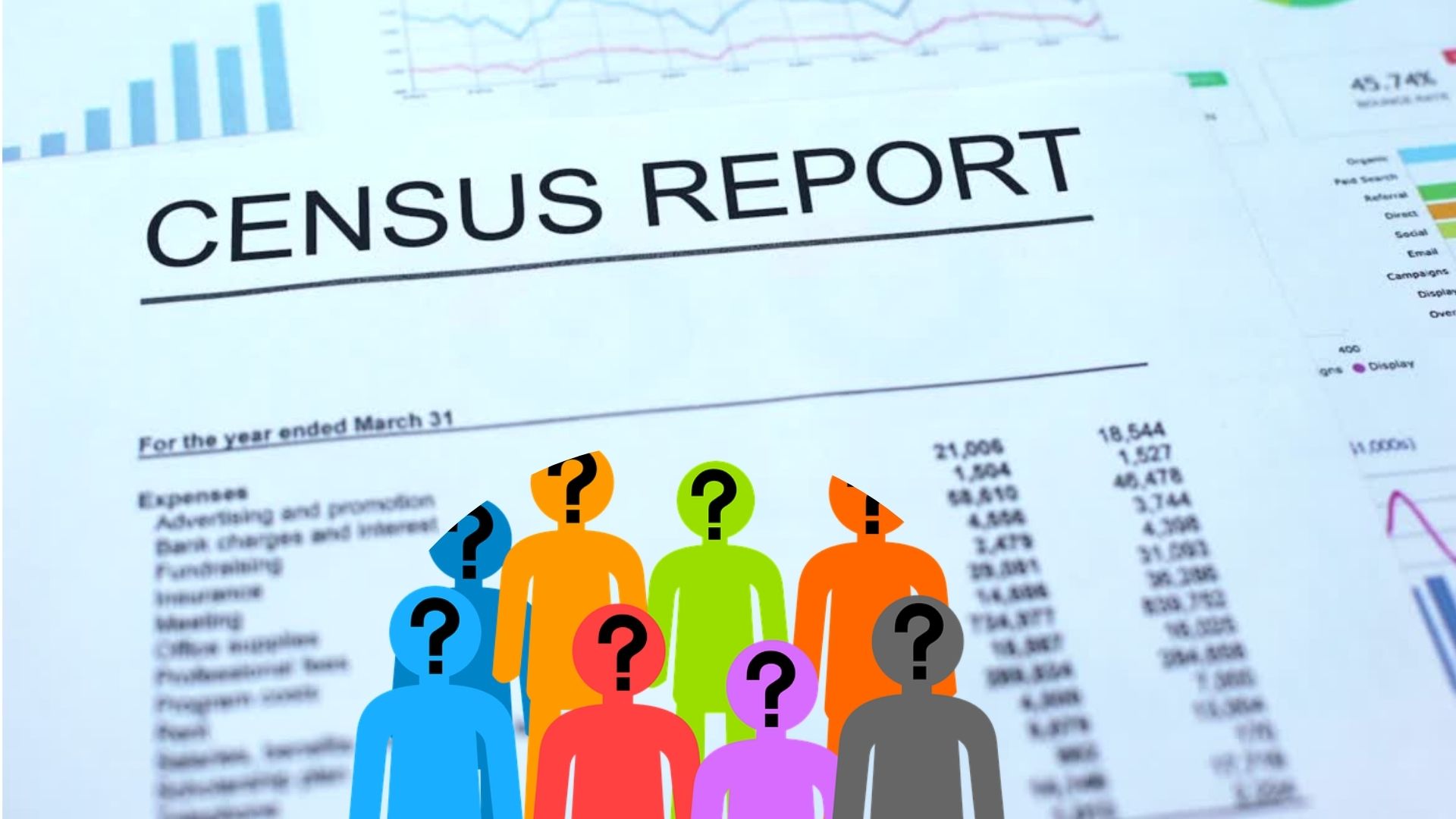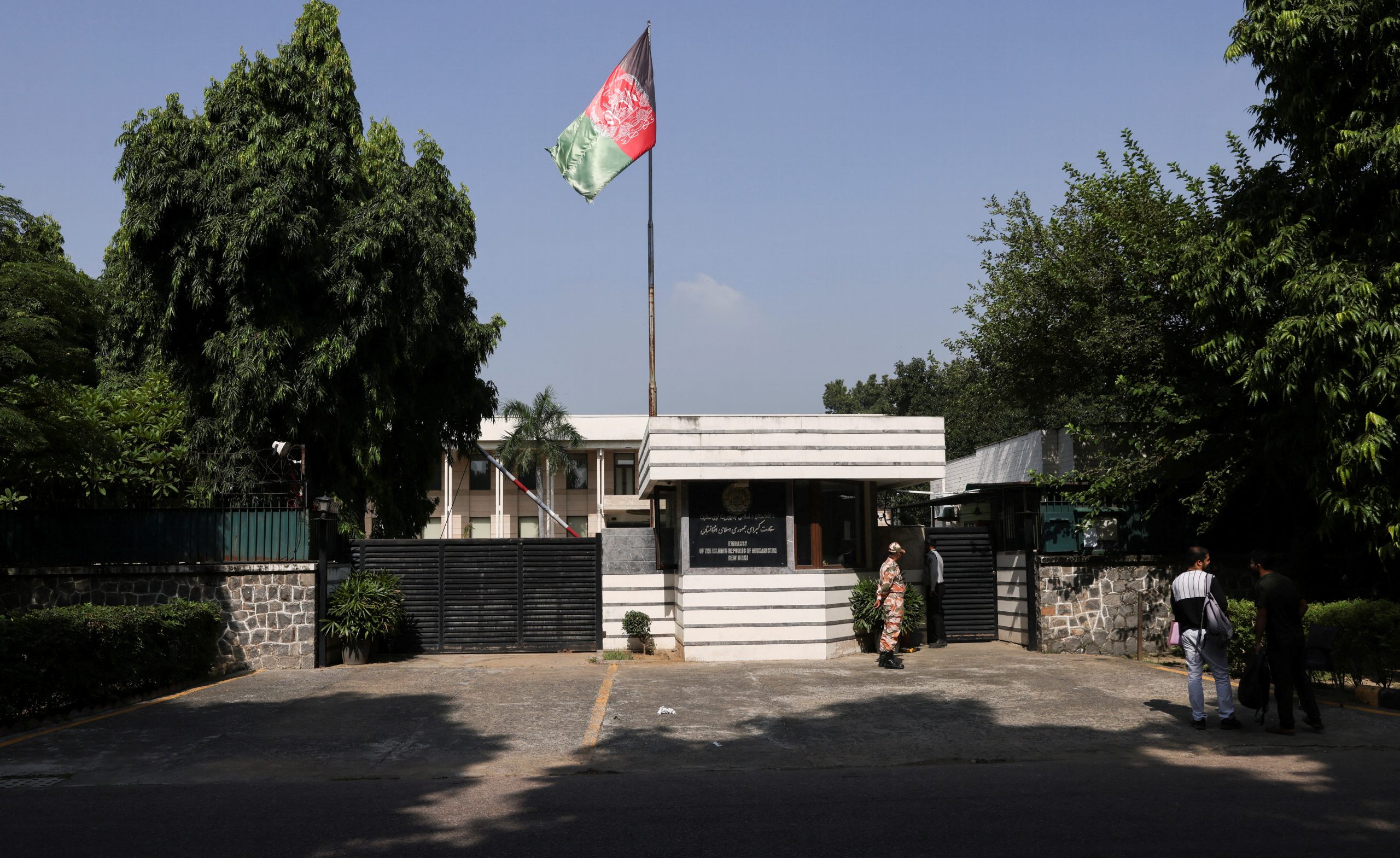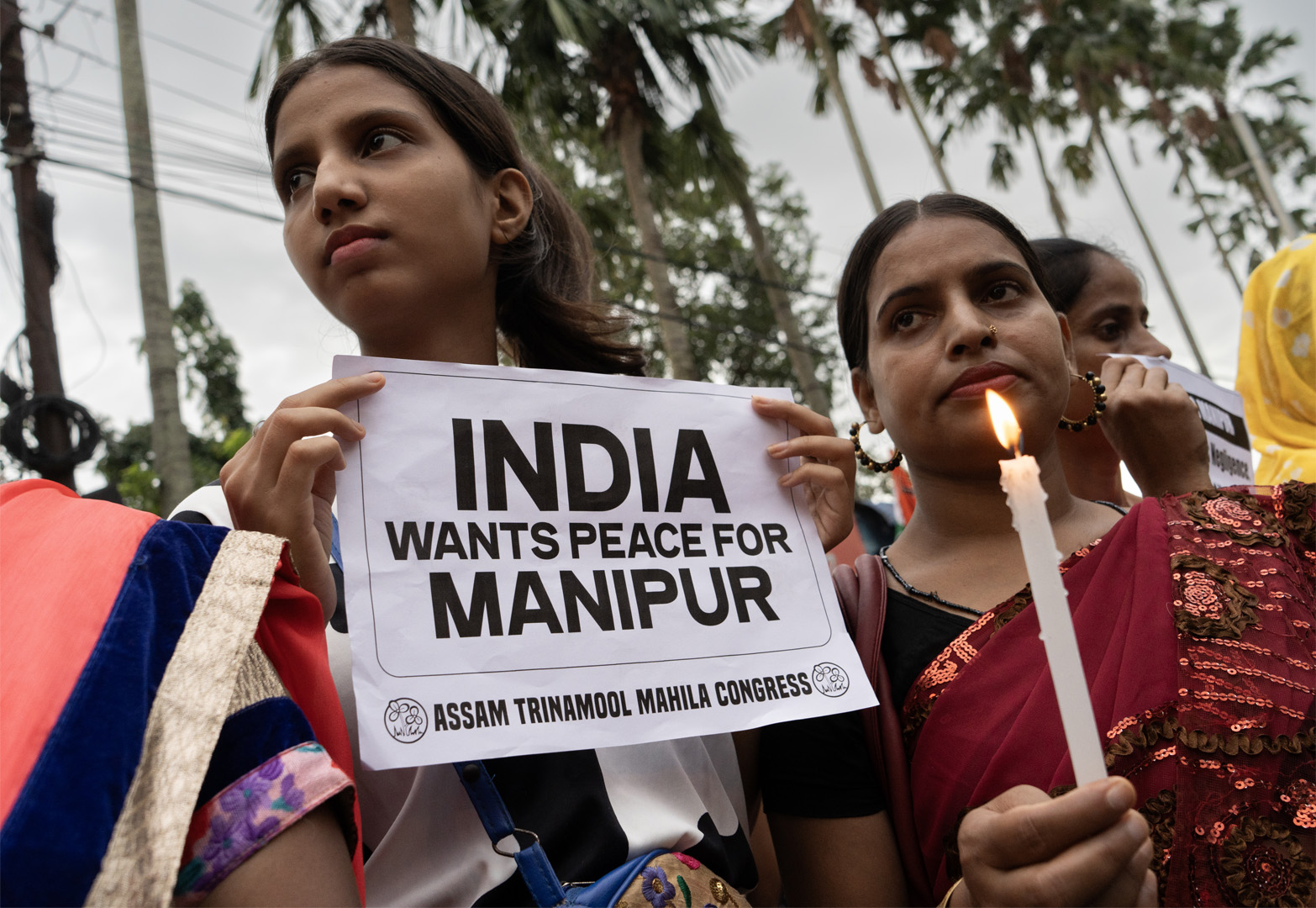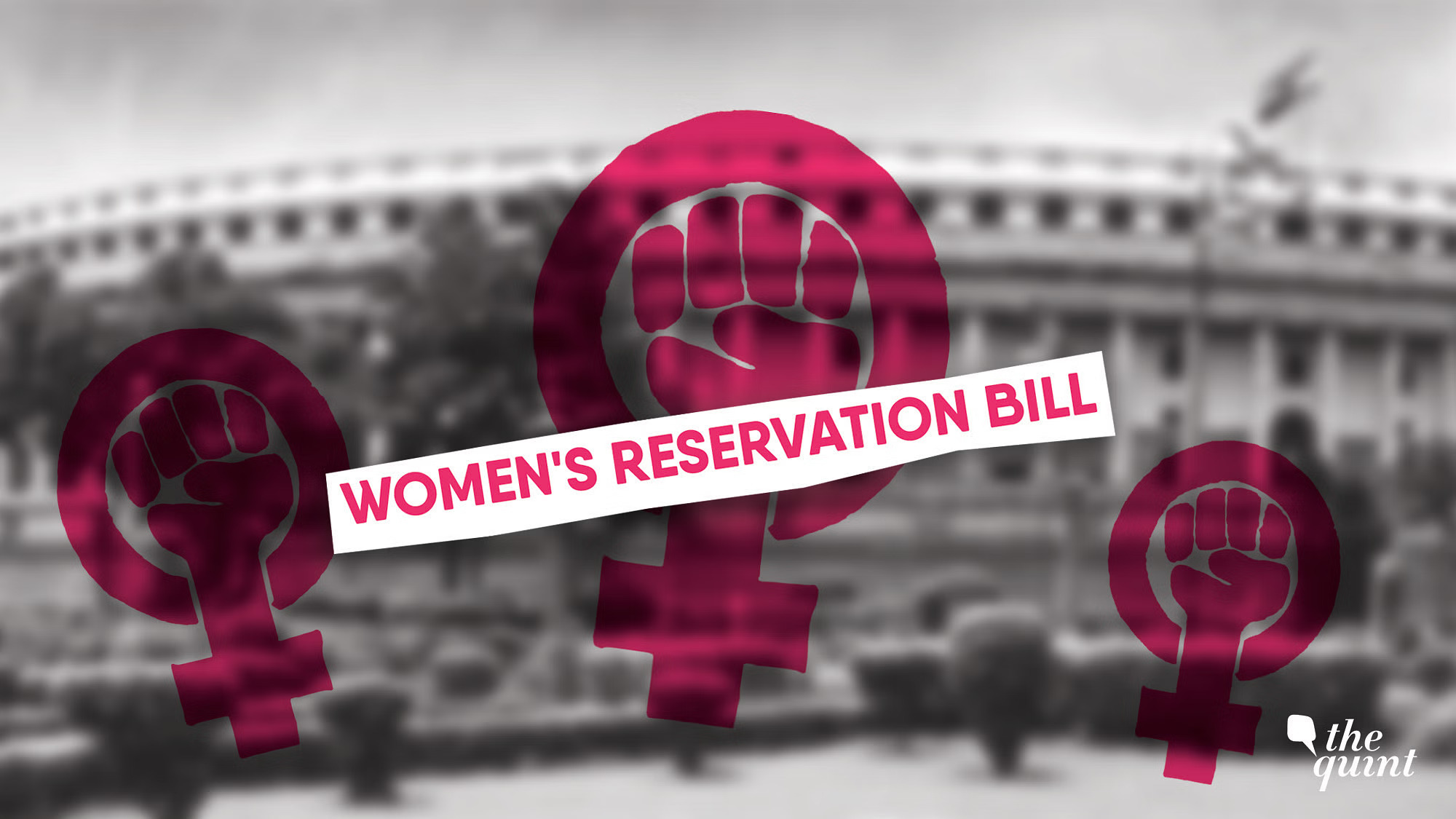At a time when the West is attempting to win over India, Prime Minister Justin Trudeau’s claim that the Indian government was complicit in the murder of Sikh independence advocate Hardeep Singh Nijjar on Canadian soil will definitely deteriorate relations between Canada and India.
Nijjar was shot dead last June in the parking lot of a Gurdwara, a Sikh place of worship, in the Vancouver suburb of Surrey. This week, Trudeau claimed in Parliament that India was involved in Nijjar’s murder. The claims against India have received universal condemnation from both the administration and the opposition, who claim that they point to an unacceptable invasion of Canadian sovereignty.
The expulsion of Indian ambassador Pavan Kumar Rai has been announced by Minister of Foreign Affairs Mélanie Joly. According to the federal government, Rai served as the head of the Research and Analysis Wing’s Canadian division. In New York, Joly promises to bring up the matter with the G7 foreign ministers.
In the interim, India has refuted the claim and retaliated by expelling a Canadian official. Trudeau’s recent trip to New Delhi for the G20 conference revealed tensions between Canada and India. Concerns over Sikh Khalistani rallies in Canada were brought up to Trudeau by Indian Prime Minister Narendra Modi. The sovereignty and integrity of Indian territory are viewed as being threatened by the Sikh independence movement.
The largest Sikh diaspora outside of Punjab is in Canada, and activists like Nijjar have been holding protests to call for an independent Khalistan state that is not part of India. Invoking the rights to free speech, assembly, and peaceful assembly, Trudeau defended these protests.
But at the G20, Trudeau also brought up India’s alleged role in the death of Nijjar in conversations with French President Emmanuel Macron, British Prime Minister Rishi Sunak, and American President Joe Biden. This makes it more difficult for Canada and its allies to strengthen ties with India in an effort to offset what they see as a growing threat from China.
Canada’s Indo-Pacific policy, which referred to China as a “disruptive power” and reaffirmed the country’s commitment to fostering relations with nations in the Indo-Pacific area, was unveiled in 2022 in reaction to China’s growing might. India is a specific focus of that strategy.
Additionally, Canada has committed to enhancing trade ties with India by pursuing a free-trade agreement. Nine rounds of negotiations have taken place, but they have come to an end due to claims that India was involved in the killing of Nijjar. Mary Ng, the minister of international trade for Canada, postponed her October trip to India. The Indian government’s authoritarian tendencies, breaches of human rights, and intervention in Canadian internal matters have made it difficult for Ottawa to develop relations with India despite the significance of containing China’s influence.
It is quite unlikely that Canada’s allies, the United States, the United Kingdom, and France, will sever ties with India as a result of Trudeau’s accusations. India is simply too significant in terms of economic and strategic matters. When it comes to limiting China’s geopolitical dominance, India is very important. India is a “priority” market for Canada, according to Ottawa, and it was the country’s tenth-largest trading partner in 2022.
In order to emphasise common democratic values, a strategic alliance between the U.S. and India has been dubbed “the world’s oldest democracy” and “the world’s largest democracy” and is largely intended to restrain China’s expanding influence.
But the Modi administration has come under heavy fire for its support of Hindu fundamentalism, violations of minority and human rights, and authoritarian inclinations. It has also been attacked for cracking down on the media, academics, and civil society. Nevertheless, despite being pushed to bring up human rights concerns with Modi during his June visit to the White House, Biden chose not to do so publicly.
In a letter to Biden, 75 members of the US Congress begged him to do this. Additionally, twelve Democrats abstained from Modi’s address to the US Congress. However, the Biden administration is said to think that raising objections to Modi’s dictatorial actions would damage the alliance. Indeed, for tactical reasons, Canada’s friends have frequently ignored Modi’s transgressions.
However, it is now necessary for Canada and its allies to forcefully hold India responsible for its deeds. Shared democratic values served as the initial cornerstone of the strategic alliances established between India and the West. India is still an important ally to the West as it has the second-largest military, the fifth-largest economy, and the most people in the world.
However, if India is departing from these ostensibly common values, it is crucial to preserve the integrity of these alliances by making sure that Indian authorities continue to uphold democratic ideals and human rights. The federal government should uphold its commitment to its core values by making sure India suffers the repercussions of its autocratic acts, even if Canada’s allies won’t openly support Trudeau.
